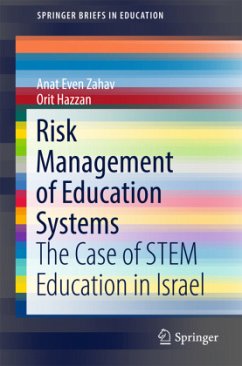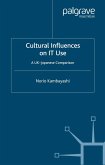This work illustrates how risk management can be applied to educational systems in general, and STEM (Science, Technology, Engineering and Mathematics) education in particular. The rationale for this approach stems from the increased awareness of the importance and contribution of STEM education to nations' economic growth and development. The coverage begins with the challenges of STEM education systems, and concludes with a thorough strategic risk response plan.
The text outlines a risk-management plan/program for STEM education in Israel, based on the conceptions of five stakeholders groups: educators, academics, industry professionals, military and philanthropic actors. All of whom have expressed interest in promoting STEM education in the high school/secondary education system.
The result, ultimately, presents an impressive, meaningful, and practical understanding of the difficulties and challenges, together with applicable modes of action, and a new horizon towards which STEM Education should march.
The text outlines a risk-management plan/program for STEM education in Israel, based on the conceptions of five stakeholders groups: educators, academics, industry professionals, military and philanthropic actors. All of whom have expressed interest in promoting STEM education in the high school/secondary education system.
The result, ultimately, presents an impressive, meaningful, and practical understanding of the difficulties and challenges, together with applicable modes of action, and a new horizon towards which STEM Education should march.








